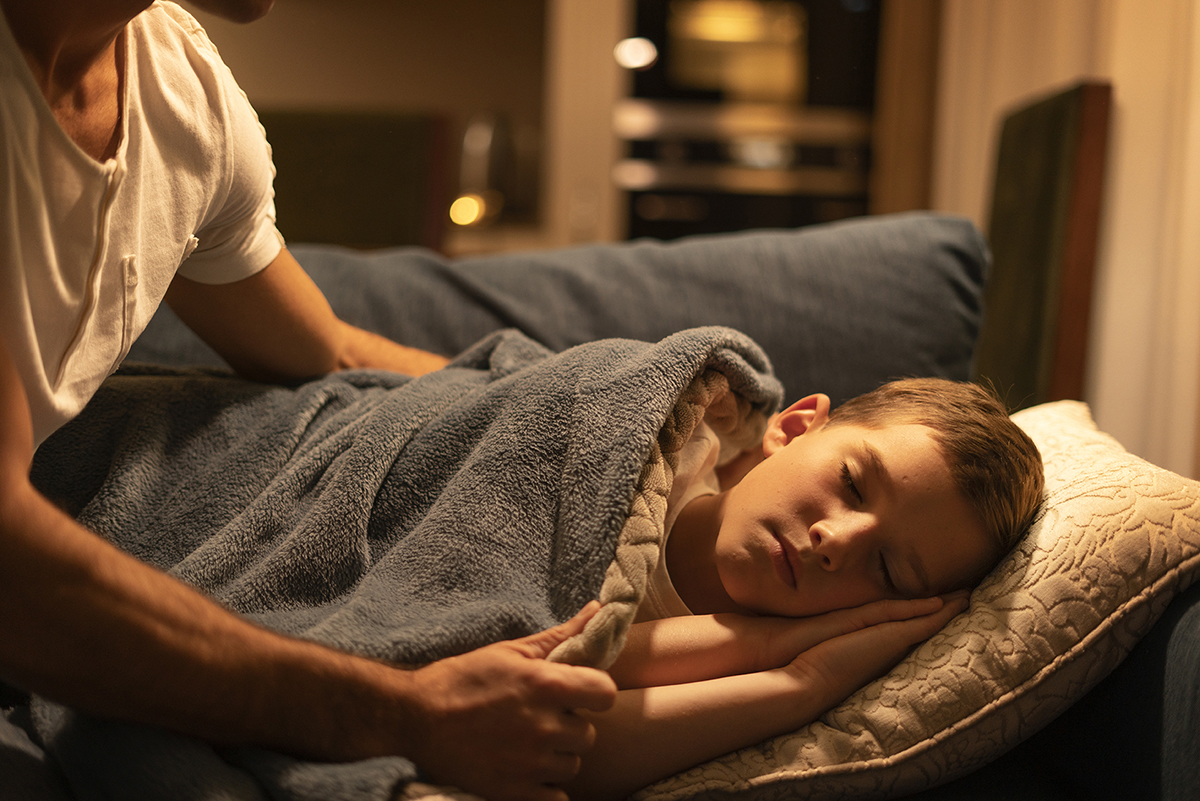Don’t wait until the night before school starts to assist your children in making the switch from their irregular summer sleep cycle to a regular back-to-school sleep schedule.
The relaxing summer months are coming to an end, and a new school year is just around the corner. If you mention the term “bedtime” to your kids over the summer, they will likely sigh — especially if they have spent the previous several months staying up late and sleeping until noon.
To succeed when it’s time to return to school, though, you must get back into healthy sleeping habits in order to have the proper amount of attention and energy in the classroom.
How much sleep does your child need?
Kids need more sleep than grown-ups do. While adults need seven to nine hours of sleep per night, the National Sleep Foundation and American Academy of Sleep Medicine says it depends on the age of your child:
- Infants (4-12 months old): 12-16 hours
- Toddlers (1-2 years old): 11-14 hours
- Pre-schoolers (3-5 years old): 10-13 hours
- School-age (6-12 years old): 9-12 hours
- Teens (13-18 years old): 8-10 hours
(These numbers reflect total sleep hours per day [24 hours] including naps.)
If your kids have lapsed into a “late to bed, late to rise” schedule this summer, here are tips to get them back on a healthy, regular sleep schedule:
Transition slowly but surely.
When children’s sleep schedules are changed too quickly, they may experience sleep deprivation, which can cause them to be sleepy in school, have a shorter attention span, and perform poorly in academics and sports. Assuming you have two or three days until that morning bell rings, now is the right time to deal with progressing your children’s sleep time and wake-up time.
Start reducing your children’s wake-up time by 15 minutes at a time a few weeks before school starts. Do this every two to three days. Then, work out the right sleep time in light of how much rest they need.

Wind down an hour before bedtime.
Start unwinding before kids even climb into bed. The last one hour before bedtime should be relatively quiet and calming. That means no exercise, no caffeine, no TV and no cell phones. This is a good tip to follow during the school year, too, but it can be especially tough to enforce it after a summer of lax rules — yet another reason why a slow transition is the best transition.
Provide optimal resting and sleeping conditions.
Darkness signals the kid’s body that it’s time to sleep. It also allows their natural melatonin levels to rise, which helps them fall (and stay) asleep. In the early weeks of the school year, though, the sun may still be up when their bedtime approaches. To mimic nighttime, use heavy drapes and curtains in your child’s bedroom. Use their bed for sleep only and store toys elsewhere (a stuffed animal and blanket are fine in bed). Move electronic distractions to a different room. Try adding white noise.
Do not use sleeping aids on kids.
You might be used to utilizing a light therapy lamp in the morning or taking melatonin before night. However, what works for adults may not always be advised for children. These devices are helpful for kids who have severe sleep problems, but they should only be used under a doctor’s guidance. When used inappropriately, they can make children’s sleep problems much more difficult than they need to be.
Finally, put your advice into action. Use these suggestions for your nighttime ritual as well to set a good example for your kids. If your family follows the back-to-school sleep pattern, kids will be more cooperative.
Speak to your child’s primary care provider if getting them to sleep is a difficulty. Well-child visits are a perfect time to discuss age-appropriate concerns, including sleep challenges, eating habits, behavior and school progress.
Wishing your precious ones a happy and successful year in school!
Dr. Salma Siddiqua earned her MBBS from Batterjee Medical College for Sciences and Technology in Jeddah, Saudi Arabia. She is currently working as a pediatrician in the Ministry of Health Hospitals in Riyadh. She has particular interests in Research and Pediatric Cardiology. She is also a mental health advocate.




